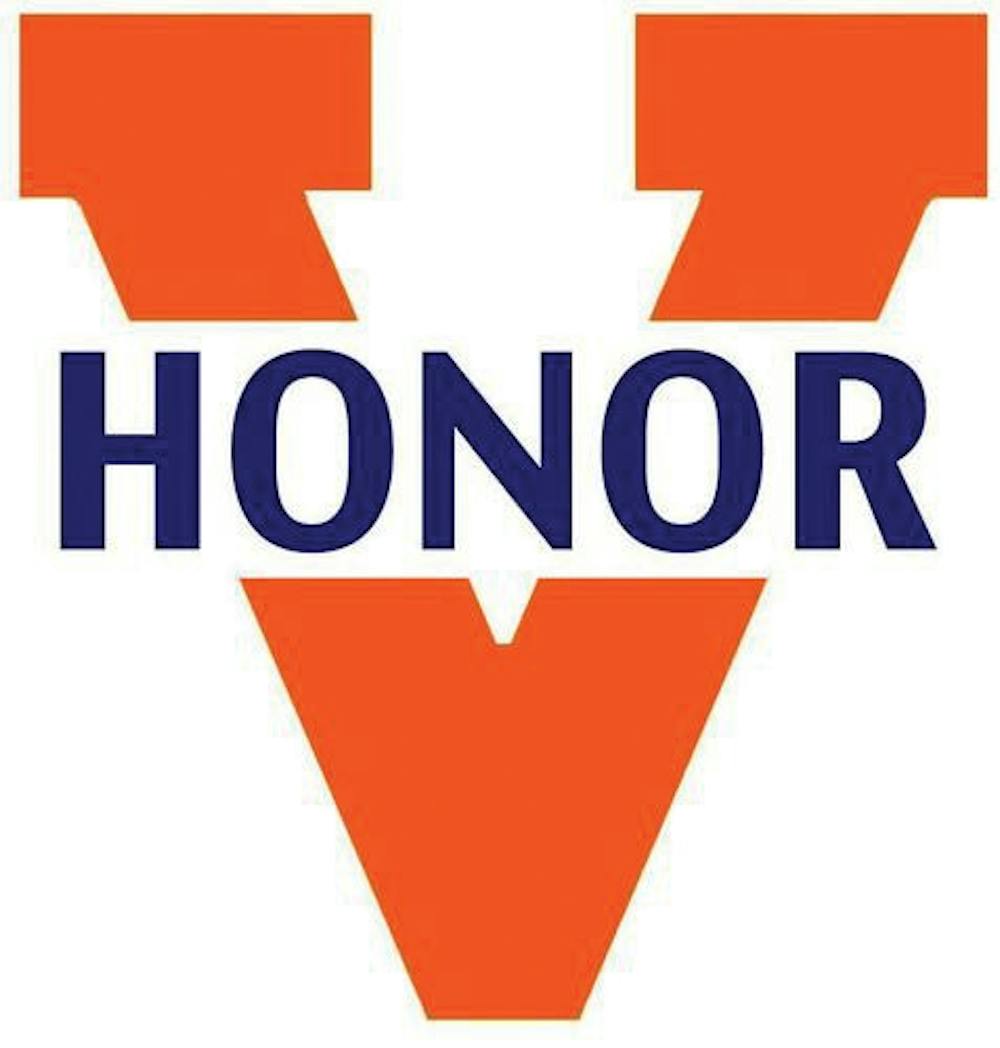The 2015 University-wide student elections will take place Feb. 20 through Feb. 26. Among other positions, students will be able to vote for the 27 Honor Committee representatives for each of the different schools at the University.
While the candidates have largely similar experience working with the honor system — most are currently senior support officers — and have similar overarching goals to improve the system, their individual platforms highlight how each will approach Committee differently if elected.
Notably, all 10 candidates running to represent the College of Arts and Sciences — there are five seats — focus on bringing the honor system more in line with public opinion. No candidate claimed the system should be impervious to criticism, though each maintained its overall moral value. All College candidates are third-year students except VJ Jenkins, who is a second year.
Importantly, candidates highlighted different priorities within their platforms. Jaeyoon Park and Ian Robertson said in their joint platform they are open to exploring the multi-sanction system, while Emily Snow and Caroline Herre, campaigning separately, maintain the importance of a single-sanction system.
Grace Muth and Russell Bogue — who developed their platform together — said they both seek to reduce the legal language incorporated into Honor trials so the system seems more accessible to students and remains consistent with its overall purpose. Michael Treves also expressed a desire to highlight the honor system less as a punitive body and more as an organ which pursues the truth. Candidates Jenkins, Allison Ivener and Martese Johnson, meanwhile, stress the importance of integrating Honor with the University community as a whole.
Christian Gigante, Michael White, Avery Rasmussen and Faith Lyons — all third-year students — are running for the two Commerce eepresentative positions. All played upon concerns similar to the College representatives, but recognized the nuances of implementing Honor within the Commerce School. Each candidate says in his or her platform, he or she would seek to connect the honor system more closely with the student body if elected.
Engineering and Batten have exactly two candidates running for each of their two spots for Honor Representatives, with fourth-years Matthew Comey and Victoria Tran running for Batten representative. Sarah Rogers and Katherine Karmis are running for Engineering representative.
The Law School, the Education School, the Medical School and the School of Continuing and Professional Studies each have one candidate running. Austin Sim, Jessica Drews, Monica Melmer and Landon Wilkins are running for positions in each of these schools, respectively.
Fourth-year College student Calvin McPhail-Snyder, who previously ran for College Honor representative but was not elected, said he noticed many similarities among the current candidates, and expressed skepticism about the diversity of opinion and experience.
“They all seem kind of homogenous,” McPhail-Snyder said. “I think there’s a checklist of things you’re supposed to say in Honor candidate elections,” he said. “[It can be] very generic and not informative of anything.”
Current Honor Committee Chair Nicholas Hine, a fourth-year College student, said there are some key distinctions among the candidates, but some perceived similarities arise because of the flagrant nature of key issues.
“I think in some ways many of the candidates are running on similar platforms and that’s because in part in the College of Arts and Sciences, the people who run for this position are people who are involved in Honor,” Hine said. “This is obviously not true across the board.”
Hine said the Honor Committee is actually a much more diverse group than many people believe.
“Part of the reason why Honor has this perception of being homogenous is because for many years it was,” Hine said. “In recent years we have done much better job of [being more inclusive]. You institutionalize the value of diversity.”







